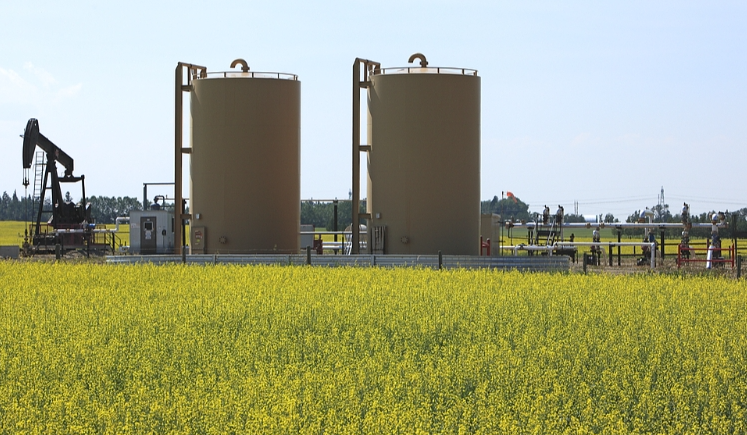China will initiate an anti-discrimination investigation in response to Canada’s decision to impose steep tariffs on electric vehicles (EVs), steel, and aluminum products imported from China, according to the Ministry of Commerce’s statement on Tuesday. This move follows Canada’s recent announcement of a 100-percent tariff on Chinese-made EVs, mirroring similar measures introduced by the U.S. and the European Union. Canada also plans to impose a 25-percent duty on steel and aluminum imports from China.
In addition to investigating the tariffs, China plans to launch anti-dumping investigations into Canadian rapeseed and related chemical product imports. The Chinese government has expressed dissatisfaction, calling Canada’s actions “discriminatory unilateral restrictions” and stating its intention to challenge these measures through the World Trade Organization (WTO) dispute resolution process.
“Despite opposition and dissuasion from various parties, Canada has imposed discriminatory unilateral restrictions on imports from China. China is strongly dissatisfied and firmly opposed to this and plans to bring Canada’s actions to the WTO dispute resolution mechanism,” a spokesperson for China’s Ministry of Commerce said. The spokesperson added that further measures would be taken in response to how the situation develops.
The move also stems from concerns over Canada’s recent surge in rapeseed exports to China, which reportedly reached $3.47 billion in 2023—a 170-percent year-on-year increase. The spokesperson cited suspected dumping practices, as prices continued to decline amid rising exports, negatively impacting China’s domestic industries.
China’s anti-dumping investigation into rapeseed imports will follow domestic regulations and align with WTO rules, reflecting China’s intent to address the issue of unfair competition while protecting its domestic industries.

